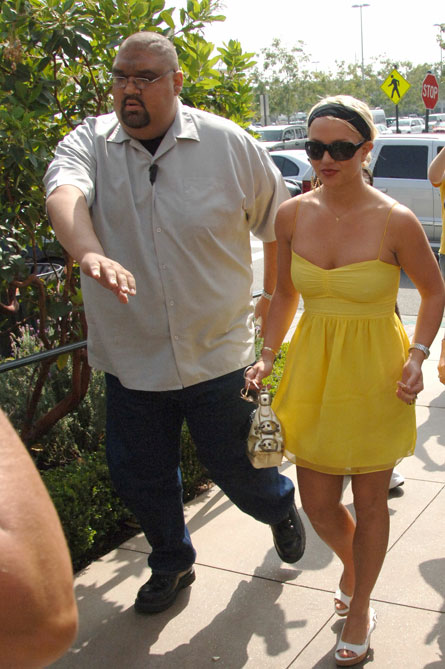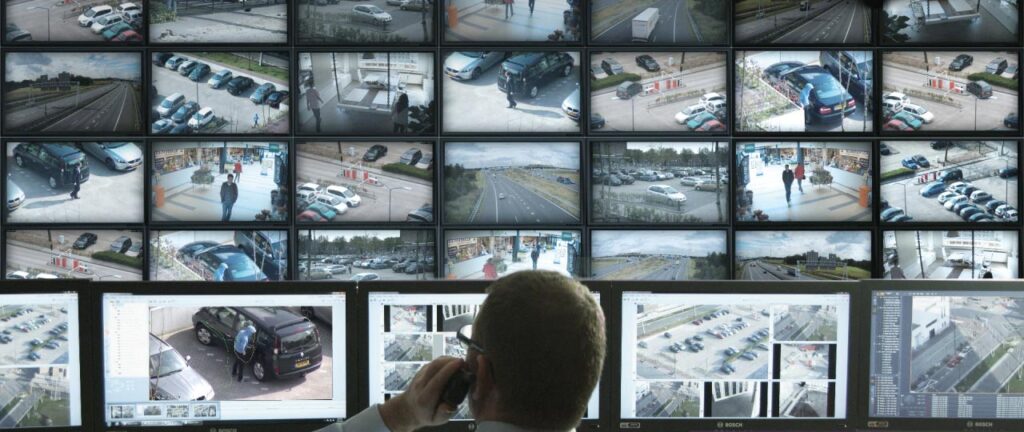It is NOT in your interest to have a hulking 350 pound bodyguard! The only advantage that provides is to those who may want to harm you and therefore will be able to easily identify your security staff.

Our agents know that confidentiality is crucial and work hard to ensure that through their dress and actions, they blend in, appearing as members of your staff. Their role is a marriage of protection and logistics, keeping clients out if harms’s way while blending into the day-to-day lifestyle of our client’s.
EXECUTIVE PROTECTION
Do you know what you really should be looking for when contracting for Executive Protection?
Any celebrity, executive or other businessperson looking for protection should take certain things into consideration:
- 95% of those who call themselves a “bodyguard” are NOT. They lack the actual experience, knowledge and mentality for the job. Nor are they licensed to do so! Each state has different legal requirements. California requires security guard, firearms and protection operator licenses. Nor does having the above licenses allow for a concealed weapon! That is a whole other issue, and usually the hardest to license achieve. Be sure you check their licenses. YOU are just as liable and could even face a criminal charges for hiring them. not to mention civil liability if something happens!
- Having a single certificate from a so-called bodyguard or executive protection course does NOT make a bodyguard. Regardless of the school or training facility’s reputation there has to be experience to back it up. Law Enforcement, military training and experience (or other “hard” professions) combined with on the job training with a professional organization all add to the equation. It is important to understand that just because someone is former “Special Forces” does not equate to a bodyguard; neither does simply having a background as a police officer, FBI or other type agent. There is a combination of factors that have to come together before you put your life in someone else’s hands.
- Anyone claiming to be able to provide executive protection should be able to arrange logistics, do a formal risk assessment, know first aid (including CPR), be an expert with firearms and have formal hand-to-hand combat training. Finally, they should be ready and willing to educate their clients on the same subjects. The list goes on depending on each client’s work environment.
- You get what you pay for. When you hire someone for protection, be willing to pay what they are truly worth. Within these terms lies the concept of loyalty. The range for executive protection broadly based on the quality of agent you are hiring and also whether you require them to be armed (concealed weapons) or not. Remember, you get what you pay for!
